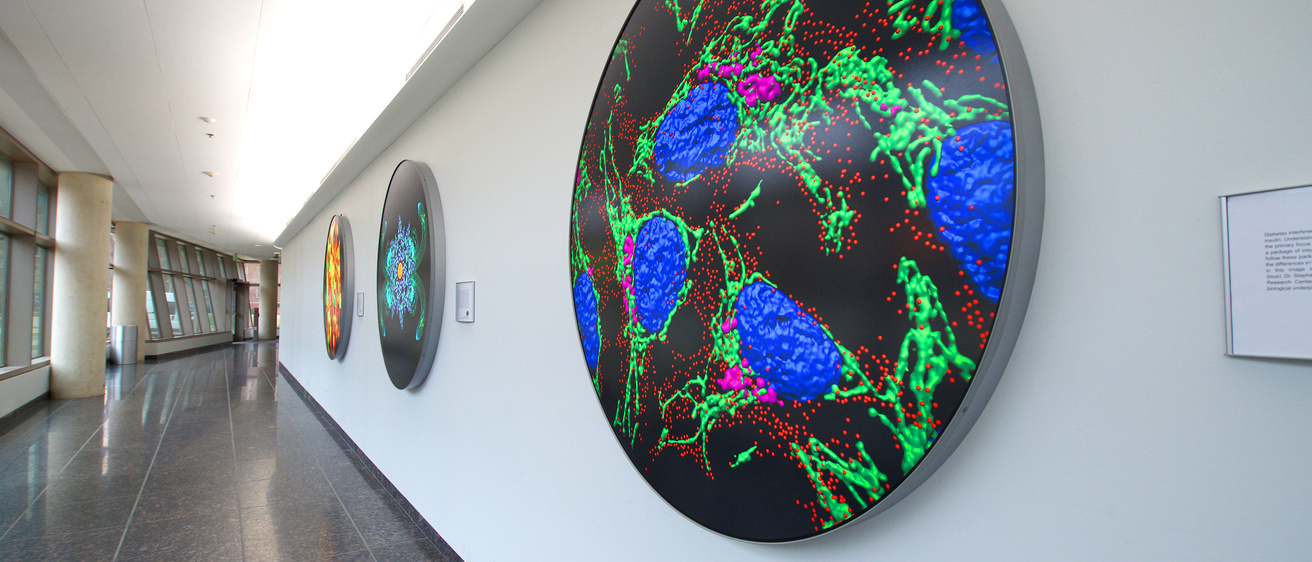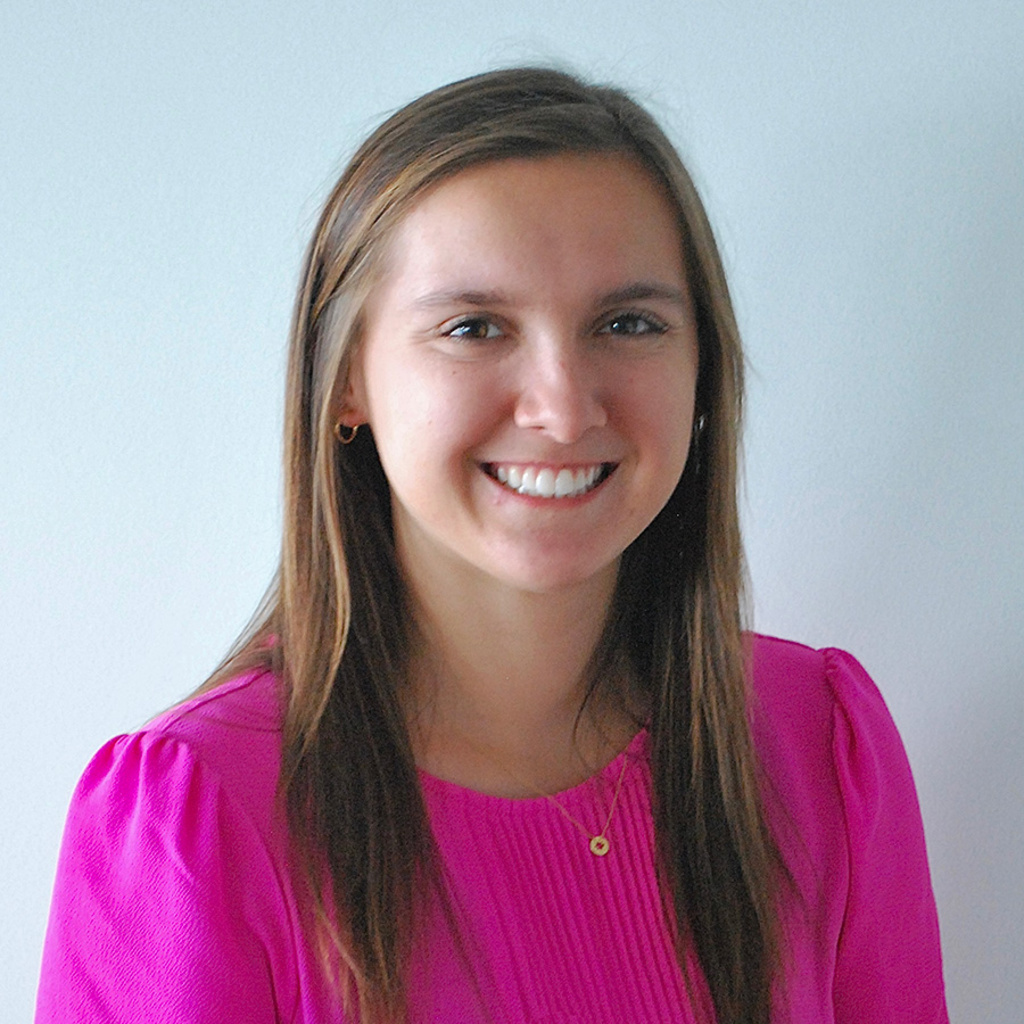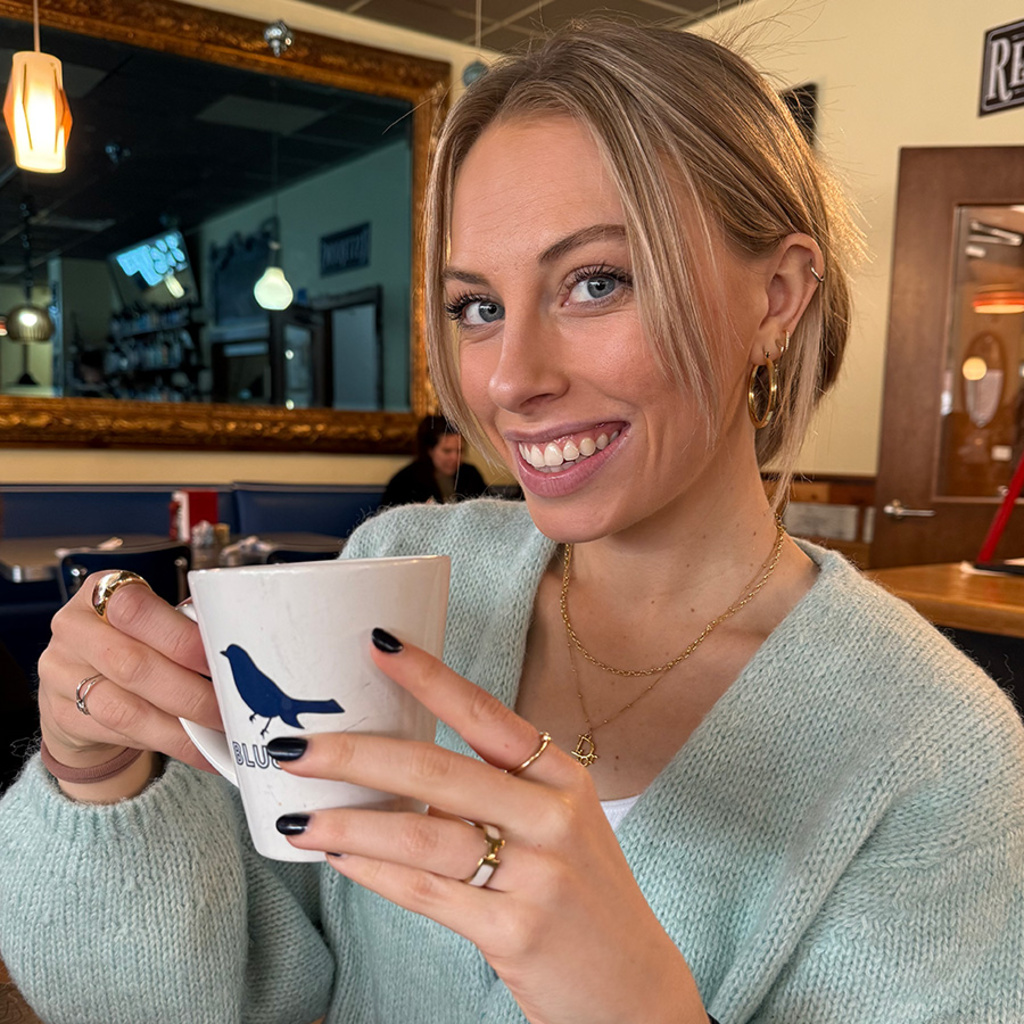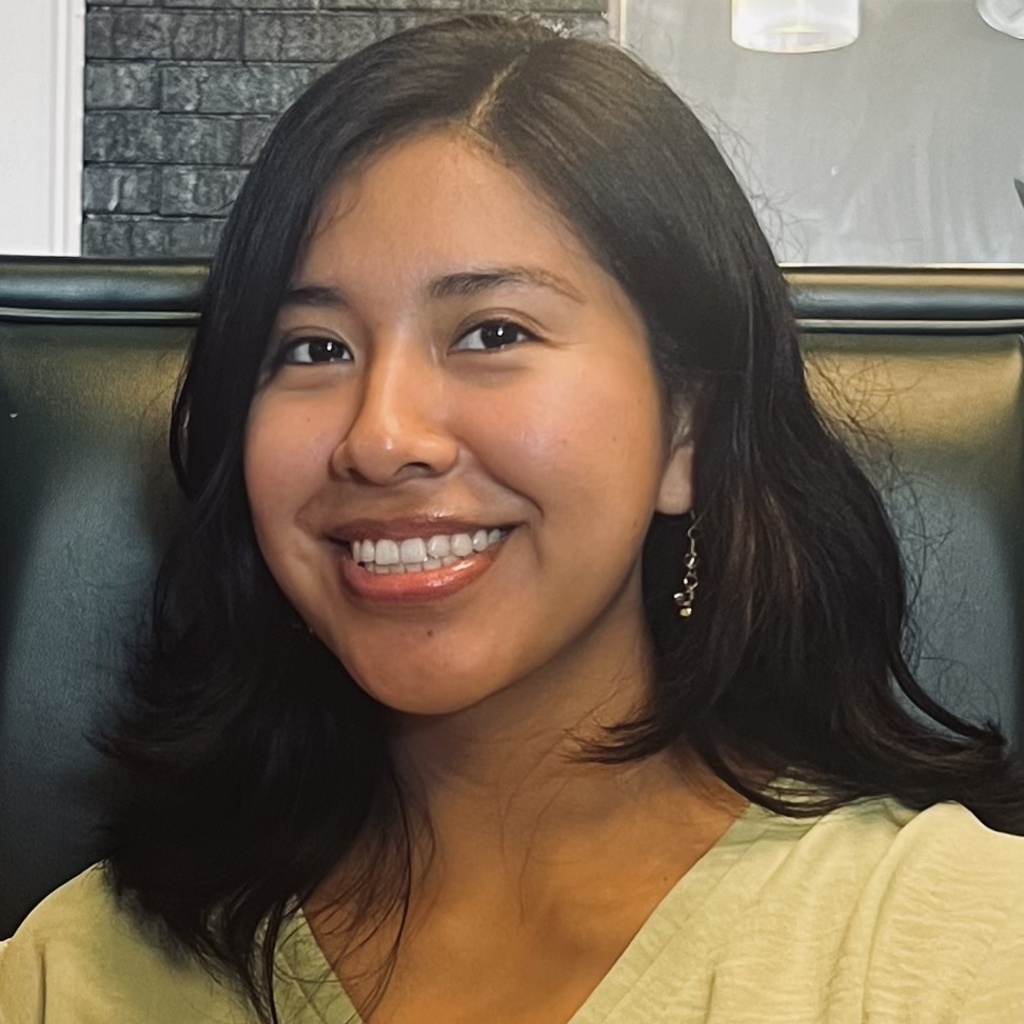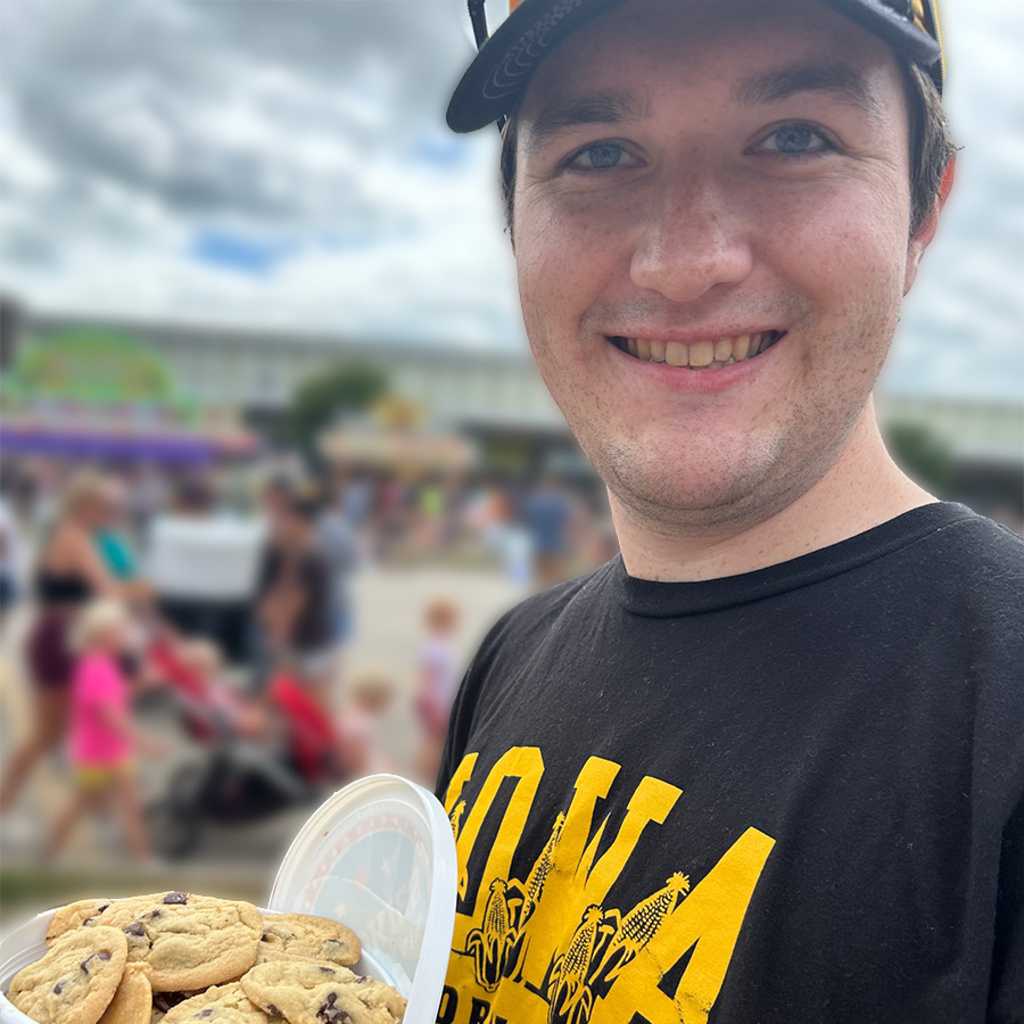Main navigation
The Department of Pathology Master of Science (MS) Graduate Program prepares post-baccalaureate science majors for a range of biomedical careers.
Graduate-level coursework provides graduate students with a foundation in cellular and molecular biology, as well as specialized knowledge in pathobiology. A laboratory intensive thesis project equips trainees with cutting edge research skills. The Pathology MS Program is designed for graduates to advance into research assistant or research scientist positions in academic and private sector laboratories, or be competitive for advanced degree (PhD, MBA or MD) programs.
MS Program in the News:

Payton Kahl successfully defends thesis

Admissions
Application process
The application process is paperless, with all application materials either entered or uploaded onto the admissions portal. The web portal for application can be accessed at the Graduate Admissions Application Portal.
In addition to providing basic information, applicants will be asked to upload:
- Transcripts from all undergraduate or graduate institutions attended.
- A statement of purpose that summarizes your academic career to date, all research experiences, a brief narrative as to why you wish to pursue an M.S. in Pathology, and your future goals.
- A current CV or résumé. It should chronologically list your educational, research and work experience to date. The CV/résumé should also list any awards, conferences, presentations and publications. Applicants are welcome to include items such as volunteering, study abroad experiences, teaching assignments and other achievements.
- Three letters of recommendation are required, and it is helpful if those writing letters are able to comment on your laboratory experience and/or aptitude for basic research. You will be asked to provide the contact information (email address) for three references, and they will be instructed to upload their letters. Letters must be submitted on official letterhead and signed/authenticated by the letter writer.
For more information, please read: Pathology MS Program Admission Requirements
After admission
Qualifications
Applicants must have a bachelor’s degree in a science discipline from a Regionally Accredited American College or University, or an equivalent degree from another country as determined by the Office of Admissions. Applicants must also have a minimum grade-point average (GPA) of 3.00/4.00, or the foreign equivalent as determined by the Office of Admissions. In addition, laboratory-based research experience is highly desired. Finally, international students must submit English proficiency test scores that meet institutional requirements. For more information on English proficiency requirements, please go read: Graduate College English Proficiency Requirements.
A subset of applicants will be selected for interviews, conducted either in person or by Zoom. Admission decisions are determined based on academic performance, research experience, letters of recommendation, personal statement and interviews.
Deadlines and fees
Fall semester admission: January 15 for international applicants, February 15 for U.S. applicants.
Spring semester admission: September 15 for international applicants; October 15 for U.S. applicants. Please note: Openings for spring semester admission are rare but may exist from time to time. Prior to applying, please inquire as to whether there are any spring openings.
The application fee for domestic applicants is $60 and $100 for international applicants. Applicants may be eligible for a Graduate Application Fee Waiver based upon undergraduate/post-baccalaureate program participation or financial hardship.

Program overview
Coursework
All Pathology MS students must have a minimum of 21 credit hours of coursework and 9 hours of research. Required coursework is as follows:
- BMED:5207:000A Principles Molecular & Cellular Biology (3 s.h.)
- BIOS:4120:0AAA Introduction to Biostatistics (3 s.h.)
- PATH:6220:0001 Seminar in Pathology (1 s.h. x 2 semesters)
- PATH:5270:0001 Pathogenesis of Major Human Diseases (3 s.h.)
- BMED:7270:0002 Principles of Scholarly Integrity
Required coursework results in:
- A basic understanding of molecular and cellular biology.
- A basic understanding of biostatistics.
- An advanced understanding of pathobiology and mechanisms of human disease.
Remaining coursework consists of electives focused on the area or topic of the student's thesis project. These electives are graduate level courses offered by a range of departments on the biomedical campus. All coursework is completed within the first two years.
Thesis project
The thesis project is carried out under the guidance of the mentor and thesis committee. The committee is composed of the student's mentor and two additional faculty members. In general, the thesis consists of four chapters with the first being a concise review of the literature, the second materials and methods, and the last two a scholarly description of the project results. The student must meet with the thesis committee at least once a year, with a satisfactory report submitted after each meeting. The thesis must be defended before the committee prior to final approval.
Faculty and laboratories
Graduate students in the MS Program benefit from laboratory training that emphasizes clinical and translational aspects of human disease.
Although many investigators on the University of Iowa biomedical campus focus on various aspects of human disease, this is true of every laboratory-based researcher in the Department of Pathology. Moreover, in addition to utilizing standard mouse and cell-based approaches, our research faculty routinely use human patient substrate in their research and/or are bringing new therapies to the clinic.
| Faculty | Research Lab | Focus |
|---|---|---|
| Vladimir Badovinac | Badovinac Lab | Immune anergy after sepsis; T cell responses to pathogens |
| Dustin Bosch | Bosch Lab | Intestinal commensal interbacterial interactions |
| Alexander Boyden | Boyden Lab | B cells in CNS autoimmune demyelinating disease; B:T interactions |
| Hasem Habelhah | Habelhah Lab | Inflammation in cancer initiation and progression |
| John Harty | Harty Lab | T cell responses to malaria and influenza |
| Marco Hefti | Hefti Lab | Tau in brain development and neurodegenerative disease |
| Zizhen Kang | Kang Lab | Immunology of neurodegenerative diseases, mucosal immunity |
| Nitin Karandikar | Karandikar Lab | Basis of autoimmune disease (emphasis on M.S.) |
| Kevin Legge | Legge Lab | T cell response to influenza; Universal influenza vaccines |
| Bing Li | Li Lab | Role of fatty acid binding proteins in immune cell function |
| Jia Luo | Luo Lab | Effect of alcohol in neurodegeneration, pancreatitis and breast cancer |
| Ashu Mangalam | Mangalam Lab | Effect of microbiome on autoimmune disease (emphasis on M.S.) |
| Steven Moore | Moore Lab | Pathogenesis of muscular dystrophy |
| Steven Offer | Offer Lab | Colorectal cancer initiation and progression |
| Shailesh Shahi | Shahi Lab | Obesity-altered gut microbiota, immune dysregulation, and multiple sclerosis |
| Munir Tanas | Tanas Lab | Genetic basis of carcinogenesis (emphasis on sarcoma) |
| Shujie Yang | Yang Lab | Targeted therapies in endometrial cancer |
Who are our students?
Students admitted to the Pathology program consist of recent college graduates, as well as individuals who have been in the work force for several years.
Given the requirements for admission, the academic credentials of admitted Pathology students are on par with most biomedical PhD programs on campus. This often leads to questions as to why a student would apply to the Pathology MS rather than a PhD granting program.
Although our students are talented and science focused, most enter the program since they have not yet crystallized their long-term goals. As discussed below in Outcomes, the program is very successful in helping students realize their potential, plan careers and understand whether they wish to pursue an advanced degree.
Time to completion
Since 2005, the average time to completion has been 30 months (range = 21-39 months). Since 2010, average time to completion has dropped to 29 months (range = 21-39 months). Time to completion is measured by date of matriculation to date of thesis defense.
Outcomes
Since 2005, graduates of the program have used the M.S. degree to further their professional careers in a number of venues. Some have gone directly into the work force as research assistants or staff scientists in either academic or private sector laboratories. Other graduates have furthered their education by pursuing a range of advanced professional degrees. These include M.D., P.A., Ph.D., and executive M.B.A. programs. Since 2005, 74% of Pathology Program graduates have been accepted into advanced degree programs. To view a history of Pathology MS Program graduates, please click on the link below:
Student resources
Stipend and tuition support
All Pathology graduate students receive full stipend and tuition support until they complete the program. Stipend amounts are at the same level as other graduate programs on the biomedical campus. Stipend support for the upcoming 12 month fiscal year (ending June 30, 2026) is $35,600. The stipend is paid to students on a monthly basis. Support for new incoming students begins on the first day of classes for the semester.
The program also pays most of the costs for health and dental insurance. For more information on health and dental benefits, please read: Graduate Student Health and Dental Insurance.
Policy handbook
This policy handbook outlines all key information for students and faculty of the Department of Pathology Graduate Program:
Scholarship information
The Department of Pathology will award two scholarships each year, on behalf of the Marilyn Ohm-Smith Pathology Student Scholarship Fund.
This scholarship will go to current University of Iowa graduate students in the Pathology MS or Experimental Path PhD programs, studying microbiology, infectious disease or cancer.
For more information, please visit the Marilyn Ohm-Smith Pathology Student Scholarship Fund page.
Additional links and resources
Contact information
Program director
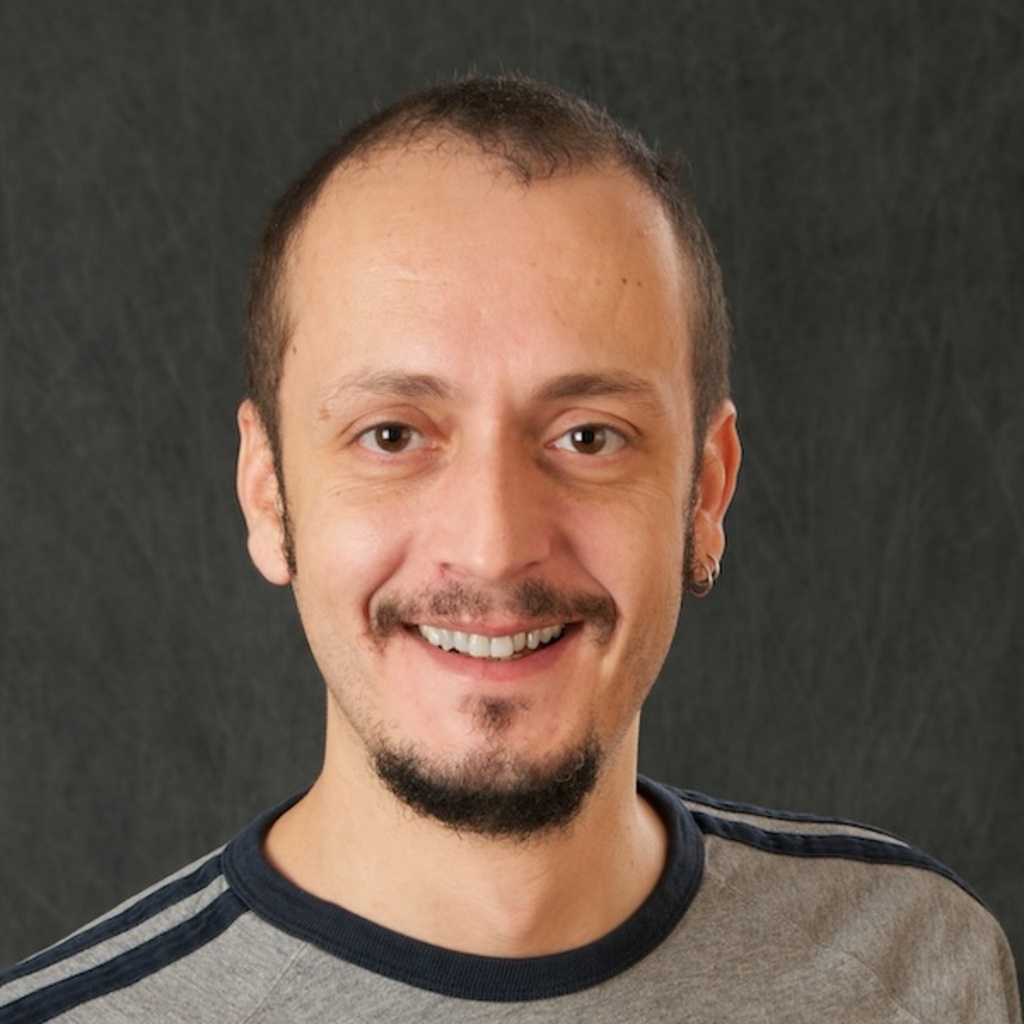
Vladimir Badovinac, PhD
Program oversight committee
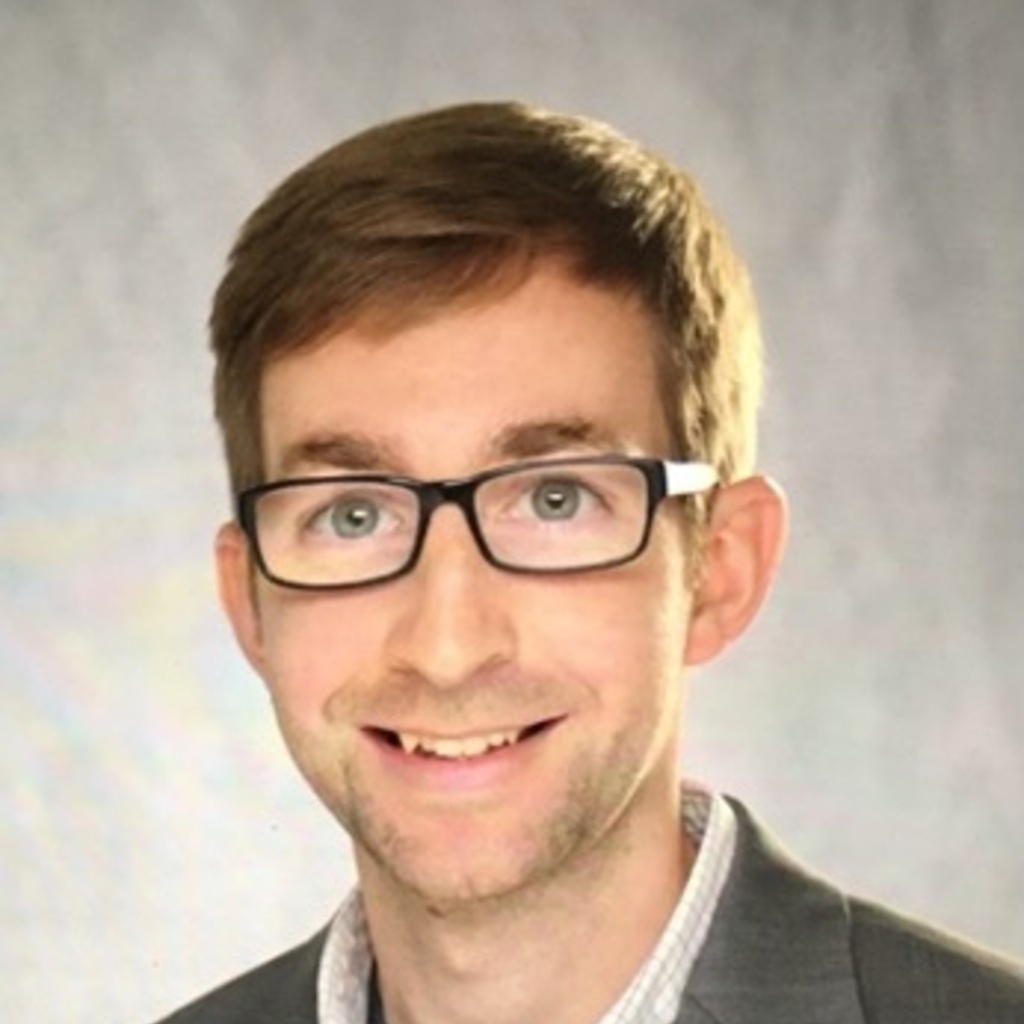
Alexander Boyden, PhD

Kevin L. Legge, PhD
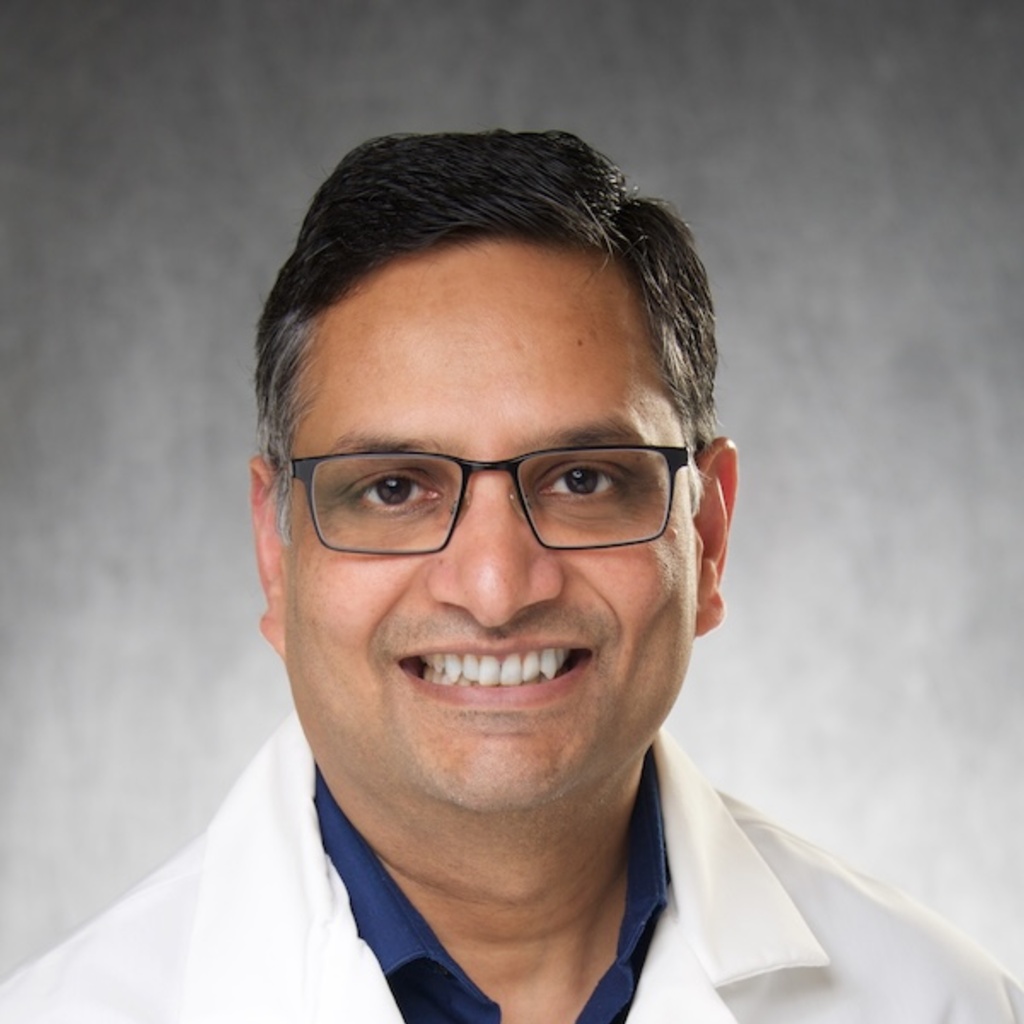
Ashutosh Mangalam, PhD
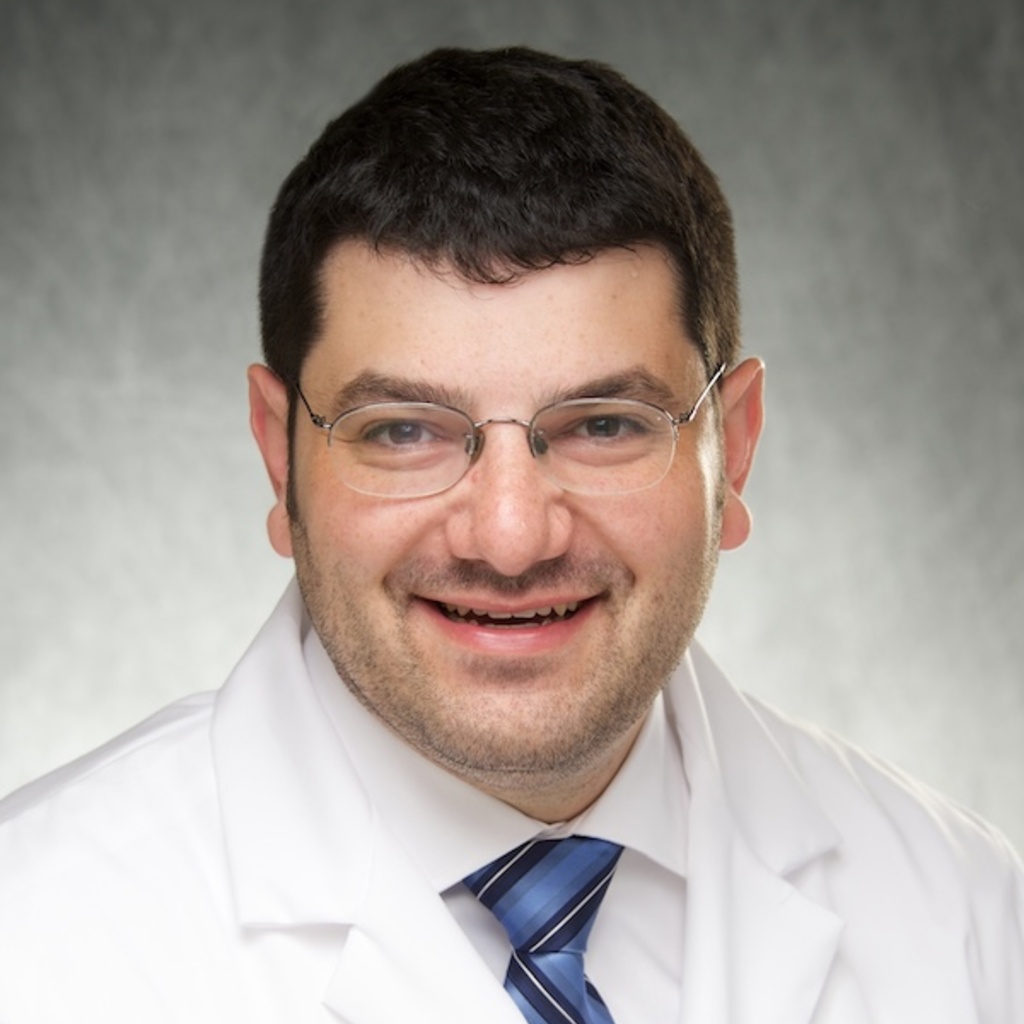
Munir Tanas, MD
Program coordinator
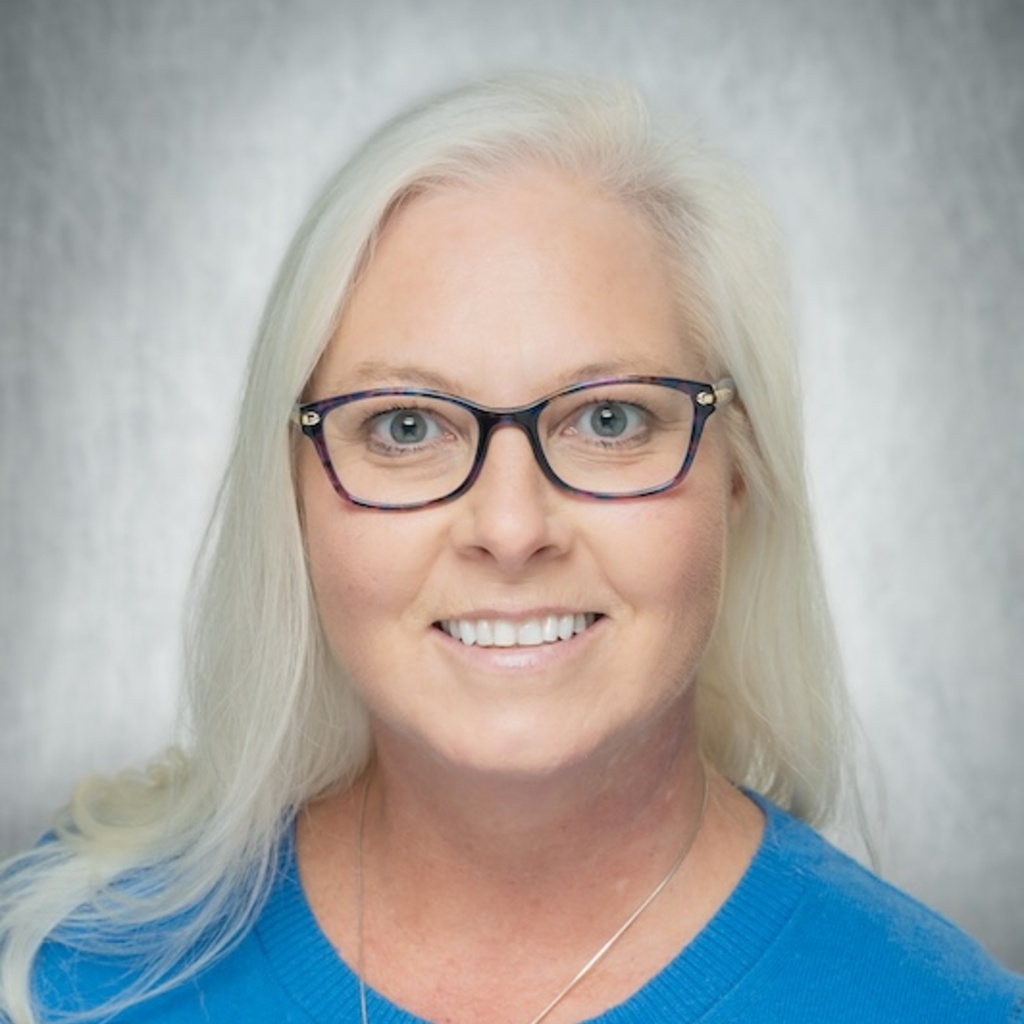
Gabriella Young, MLS
Current students
Alumni
Master of Science Program Alumni 1902–present
| Name | Advisor | Year degree conferred | Thesis project | After graduation |
|---|---|---|---|---|
| Payton Kahl | Legge | 2025 | Identification and Characterization of CD8 T Cell Epitopes Within an Influenza B Virus Murine Model of Infection | Ph.D. student Experimental Pathology Program University of Iowa |
| Elizabeth Escue | Badovinac | 2025 | The ability of memory CD8 T cell subsets to numerically and functionally recover following whole body irradiation is influenced by their history of cognate antigen exposures | Ph.D. student Experimental Pathology Program University of Iowa |
| Romina Abbasian | Bosch | 2023 | Defense Against Bacterial Toxin Secretion Systems | Research Associate University of California San Francisco |
| Connor Wilhelm | Karandikar | 2023 | Proteolipid Protein-induced Mouse Model of Multiple Sclerosis Requires B Cell-mediated Antigen Prestation | Research Assistant Department of Pathology University of Iowa, Ph.D. student Experimental Pathology Program University of Iowa |
| Peter Lehman | Mangalam | 2023 | Effect of Gut Microbiota Modulation During Early Life and Adulthood on Host Immunity | Ph.D. student Experimental Pathology Program University of Iowa |
| Mohammad Heidarian | Badovinac | 2023 | Sublethal Whole-body Irradiation Induces Permanent Loss and Dysfunction in Pathogen-specific Circulating Memory CD8 T Cell Populations | Ph.D. student Experimental Pathology Program University of Iowa |
| Steven Moioffer | Badovinac | 2021 | Impact of Sepsis on Pathogen-specific Circulating and Resident Memory CD8 T Cell Subsets | Ph.D. student Immunobiology Graduate Program Yale School of Medicine, New Haven, CT |
| Monisha MIttal | Zhang | 2021 | Cyclic GMP-AMP Synthase Regulates the Development of Experimental Autoimmune Encephalomyelitis | M.S. Bioinformatics Program Northeastern University Boston, MA, Computational Biologist II UT Southwestern Medical Center Dallas, TX |
| Kimberly Fiock | Hefti | 2020 | The Developmental Expression and Regulation of Tau | Ph.D. Exp Pathology Program (2023) University of Iowa, Research Scientist University of Iowa |
| Krista Thornton | Janz | 2019 | The Role of Transcription Factor FOXM1 in High-Risk Multiple Myeloma | Human Resources Consultant Community Colleges of Spokane Spokane, WA |
| Khaliunaa Bayanbold | Liu | 2019 | miR-27a/b Suppression and Nrf2 Upregulation Promote Cr(VI) Transformed Carcinogenesisand Angiogenesis | Ph.D. Free Radical and Radiation Biology Program University of Iowa, Post-Doctoral Fellow, University of Iowa |
| Sung Jo | Zhang | 2018 | Targeting MSH2-MSH6 Heterodimer in Treating Basal-like Breast Cancer | Research Associate II Morphic Therapeutic, Boston, MA, Associate Scientist,Intellia Therapeutics, Cambridge, MA |
| Rachel Dahl | Simons-Burnett | 2018 | Targeting Interleukin-6 Trans-signaling in Head and Neck Squamous Cell Carcinoma | M.D. Carver College of Medicine (2022) University of Iowa, Surgery Resident, Hennepin County Medical Center, Minneapolis, MN |
| Sarah Hall | Tanas | 2017 | Characterizing the Contribution of Hippo Pathway Dysregulation in Sarcomagenesis | Research Laboratory Specialist Michigan Center for Translational Pathology University of Michigan Medical Center Ann Arbor, MI |
| Emma Hornick | Legge | 2014 | T Cell Immunity to Respiratory Infections | Ph.D. Immunology (2018) University of Iowa, Post-Doctoral Fellow University of Iowa |
| Adam Koch | Simons-Burnett | 2014 | The Role of MyD88-dependent Signaling in the Anti-tumor Efficacy of the EGFR Inhibitor Erlotinib in Head and Neck Cancer | M.D. Loma Linda Medical Schoo lLoma Linda, CA (2018), Internal Medicine Resident Mayo Clinic, Rochester, MN, Internal Medicine practice, Mayo Clinic |
| Nicholas Borcherding | Zhang | 2014 | Non-Canonical Wnt Signaling in Breast Cancer Initiation and Progression | M.D. and Ph.D. UI Carver College of Medicine (2020), University of Iowa, Physician/Scientist Resident Trainee Department of Pathology Washington University, St. Louis |
| Sean Duong | Badovinac | 2013 | The Impact of Poly-Microbial Sepsis on Pre-Existing Memory CD8 T Cell Responses | Laboratory Supervisor BioLife Plasma ServicesChicago, IL |
| Kaylia Duncan | Janz | 2013 | Dynamics of Tumor Progression and Therapy Response in IL-6 and Myc Driven Plasma Cell Malignancy | Ph.D. Molecular Medicine (2019) University of Iowa, Post-Doctoral Fellow, University of Iowa, Post-Doctoral Researcher Children’s Hospital of Philadelphia |
| Lea Goldman | Waldschmidt | 2013 | Kinetics and Phenotype of the Draining Lymph Node and Pulmonary B Cell Response to an Influenza Virus Like Particle Vaccine | D.O. Alabama College of Osteopathic Medicine (2017), Dothan, AL Ob/Gyn residency, Henry Ford Macomb Hospital, Clinton, MI Ob/Gyn practice, Dothan, AL |
| Danial Samar | Klutts | 2012 | Identification and Characterization of TFT1, a Glycosyltransferase Necessary for Cell Wall β-1,3-1,4-glucan Synthesis in Aspergillus fumigatus | Manager of Global Inside Sales Integrated DNA Technologies Coralville, IADirector of Commercial Operations Teknova Biotechnology, Eugene, OR |
| Matthew Martin | Badovinac | 2010 | Naive and Memory CD8 T Cell Responses After Antigen Stimulation In Vivo | Ph.D. Immunology (2015)University of Iowa, -Post-Doctoral Fellow, University of Iowa Research Scientist University of Minnesota, Minneapolis, MN, Laboratory Leadership Service Fellow CDC, Madison WI |
| Khanh Duong | Klutts | 2010 | Amylases and Aspergillus fumigatus Cell Wall Synthesis:New Roles for Classical Enzymes | Ph.D. Molecular and Cell Biology (2014)University of Iowa, Post-Doctoral Fellow Harvard Medical School, Boston, MA, Lead Scientist Homology Medicines, Inc., Bedford, MA , Lead, New Technologies Takeda Pharmaceuticals, Cambridge, MA |
| Deepa Rai | Badovinac | 2010 | Tracking Total Polyclonal CD8 T Cell Responses in Inbred and Outbred Hosts | Research Specialist,Pathology, University of Iowa |
| Caitlin Ross | Bickenbach | 2010 | Oxygen Tension Regulates Keratinocyte Migration in Aged Skin | Cytogenetic Lab Specialist, Department of Pediatrics, University Iowa, M.D. University of Queensland/Ochsner Medical School (2015), Emergency Medicine Practice Queensland Health, Australia |
| Corey Parlet | Schlueter | 2009 | Chronic Ethanol Feeding Impedes the Acquisition of a Promigratory Phenotype in Murine Cutaneous Dendritic Cells | Ph.D. Immunology (2014) University of Iowa, Post-Doctoral Fellow University of Iowa, Assistant Research Scientist University of Iowa, |
| Huy Nguyen | Moore | 2008 | Dystroglycan in Cerebellar Development and Disease | Ph.D. Neuroscience (2013) University of Iowa, Post-Doctoral Fellow Stanford University, Stanford, CA , Principal Scientist Surrozen Biotechnology, San Francisco, CA |
| Gregory Thomas | Habelhah | 2008 | TRAF2 Phosphorylation at Serine 55 Regulates Secondary NF-κB Activity | Ph.D. Molecular and Cell Biology (2012) University of Iowa, Post-Doctoral Fellow University of Iowa, Assistant Director of Cancer Career Enhancement and Training Holden Comprehensive Cancer Center University of Iowa |
| Guinevere Lykken Strand | Bossler | 2008 | PTPN13 is a Potential Tumor Suppressor for Head and Neck Squamous Cell Carcinoma | Instructor Department of Biology Luther College, Decorah, IA |
| Prajwal Gurung | Cook | 2007 | Antigen-specific CD8+ T Cell Defects in Chronic Ethano lAdministered Mice | Ph.D. Immunology (2011), University of Iowa, Post-Doctoral Fellow St. Jude Hospital, Memphis, TN, Assistant Professor Associate Professor University of Iowa |
| Jodi McGill | Legge | 2007 | The Role of Pulmonary Dendritic Cells in the Lungs During Influenza Infection | Ph.D. Immunology (2010) University of Iowa, Post-doctoral FellowIowa State University, Ames, IA, Assistant Professor Kansas State University, Manhattan, KS , Associate Professor Iowa State University, Ames, IA |
| Aja Davis Rich | Heusel | 2007 | Determinants of Virus-specific Natural Killer Cell Activation:Characterization and Mutational Analysis of the Murine Cytomegalovirus Glycoprotein m157 | MBA, Executive MBA program (2009 )University of Virginia, Charlottesville, -Marketing Division, Amgen Corporation Thousand Oaks, CA Marketing Manager, Baxter International Deerfield, IL Senior Director, New Product Planning GI and Neuroscience, Takeda, Chicago |
| Alison Esser | Henry | 2006 | Endothelin-1 Biosynthesis and Function in Prostate Cancer Metastasis | Ph.D. Physiology (2011) University of Iowa, Post-doctoral Fellow Washington University, St. Louis, Advising Coordinator, Genetics and Cell Bio Iowa State University, Ames, IA |
| Kristin Ness | Schlueter | 2006 | Chronic Ethanol Consumption Alters Dendritic Cell Migration | Ph.D. Immunology (2011) University of Iowa, Post-doctoral Fellow University of Iowa, |
| Cynthia Gunsolly | Heusel | 2006 | Transcriptional Control of an Unusual Receptor of Human Natural Killer Cells - KIR2DL4 | Research Assistant II, Pathology, University of Iowa, CLS, St. Luke’s Hospital Cedar Rapids, IA |
| Michelle Edsen Moore | Schlueter | 2005 | The Effects of Chronic Ethanol Exposure on Dendropoiesis and Costimulatory Molecule Expression | MBA, Univ of Iowa (2011), Program Associate University of Iowa Dental School, Client Services Senior Manager Beckman-Coulter, Inc |
| Robin Goforth Williams | Sethi | 2005 | Vascular Injury to the Kidney:Association with Inherited Thrombophilia | M.D. UI Carver College of Medicine (2011),Pediatrics resident, University Iowa, Pediatric Heme/Onc Fellow University of Minnesota, Minneapolis, MN, Assistant Professor, Department of Pediatrics University of Minnesota |
| Alicia Valenzuela | Lutz | 2003 | Epitope mapping of monoclonal antibodies ME1 and B27M1 in HLA-B*0702 | Senior Scientific Curator Jackson Labs, Bar Harbor ME |
| Xiaoyan Zhu | Cook | 2001 | Activation of mouse splenic T cells and monocyte/macrophage cell series after chronic alcohol exposure | Research Specialist Internal Medicine, University Iowa, Research Associate Univ Arkansas Medical Center, Lead Data Analyst Arkansas Blue Cross and Blue Shield |
| Mikel Moore | Lutz | 2001 | Receptors regulating natural killer cell effector functions | Research Associate Research Associate |
| Wang Donghong | Haugen | 1999 | Human papillomavirus infection in postmenopausal women on hormone replacement therapy | Intermediate veterinary in the Beijing Institute of Veterinary Experimental Diagnoses, Research Assistant Otolaryngology, University Iowa |
| Deric Lane Wheeler | R. Lynch | 1999 | Molecular and evolutionary studies of the transferrin receptor | Ph.D. Univ of Wisconsin (2004) Post-doctoral fellowship at the Fred Hutchinson Cancer Res Ctr, Professor, Dept. of Human Oncology Univ of Wisconsin |
| Song Kejing | R. Cook | 1998 | Expression of surface markers and cytoplasmic cytokines by activated T cells of ALD patients | Researcher of the Institute of Laboratory Animal Science, Beijing, P.R. China, Laboratory Supervisor Pediatrics, LSU Medical Center New Orleans, LA |
| Jie Zhang | Pfaller | 1997 | Variations in DNA subtype and antifungal susceptibility among clinical isolates of Candida tropicalis | Research Assistant II in Dr. V, Scheffield's Lab - UIHC |
| Xiang Li | Waldschmidt | 1997 | Regulation of Ly-6C expression on B and T lymphocytes | Research Assistant II Department of Pathology - UIHC, Research Assistant OMRF, Oklahoma City |
| Paul Evans | Kemp | 1997 | Exon/intron structure of the human transferrin receptor gene | Physician Assistant Program University of Iowa Practicing PA, Maine |
| Laura Cooling | Koerner | 1997 | Glycosphingolipids of human blood platelets | M.D., University of Iowa, Assistant Professor & Assistant Medical Director of Transfusion Medicine - SUNY Health Science Center - Syracuse, NY , Professor of PathologyAssoc. Director, Blood Bank Univ of Michigan |
| Feng Li | Cook | 1996 | Natural killer cell modulations by ethanol in vitro, and in alcoholic humans | Development Specialist at Fibrinogen Corp. San Francisco, CA |
| Katherine Thede-Reynolds | Johnson | 1995 | Optimization of two-stage free thyroxine measurements | Clinical Lab Scientist Dept. of Pathology - UIHC, Chemist III Manufacturing Supervisor Radiology, UIHC |
| Michael Lace | Turek | 1992 | Transcription enhancer factor (TEF)-1 and its cell-specific co-activator determine in part the keratinocyte preference of human papillomavirus-16 E6 and E7 oncogene transcription | Research Assistant Veterans Administration Hosp Iowa City |
| Martha Sanchez | Jones | 1992 | Microbiology laboratory analyses for the detection and characterization of nosocomial infections | Research Associate University of Bern Bern, Switzerland |
| Janice Quinn | Johnson | 1992 | Determination of lead in whole deciduous teeth by atomic absorption spectrometry | Assistant Research Scientist University of Iowa Dental College |
| Beverly Pennell | Feld | 1991 | Use of vitamin B6 derivatives as reactivators of apo-aspartate aminotransferase | Clinical Lab Tech Ill Dept. of Pathology - UIHC, Emergency Preparedness Coordinator, University of Iowa State Hygienic Laboratory |
| Audrey Fleming | Dailey | 1991 | Reticulocyte analysis using thiazole orange: an evaluation of the method | Research - Dept. of Pathology University of Iowa, Senior Scientist Sigma Aldrich, St. Louis |
| Yew Hon Lai | Kemp | 1990 | Genetic regulation of murine hepatic and plasma GM1 levels | Graduate Student in lmmunol, University of Alberta, Edmonton PhD Lab of Tim Mossman, MD Univ of British Columbia, Fellow Univ of Toronto Hosp for sick children, Practitioner Pediatric Allergy Calgary Alberta |
| Brad A. Amendt | Hart | 1989 | Short-chain acyl-coenzyme A dehydrogenase (SCAD) deficiency in the BALB/cByJ mouse | Microbiology PhD Student University of Iowa |
| Vickie Siefers | Johnson | 1987 | Adaptation of a colorimetric assay for methylmalonic acid in urine to an automated centrifugal analyzer | Staff Tech., Spec. Chem. Lab UIHC |
| Jinyoung Park Yoo | Dick | 1986 | Acute megakaryoblastic leukemia | Assistant Professor, Dept. of Pathology, Catholic University Korea and Research Fellow, Dept. of Pathology, University of Iowa |
| Hala Zalatimo | Hart | 1986 | Ultrastructural determinations of leukocyte surface antigens and endothelial cell permeability | Instructor, School of Medicine Yarmonk Univ., lrbid, Jordan |
| Vickie Roettger | Feld | 1985 | Low mitochondrial FAD content in a riboflavin-responsive variant of multiple acyl-CoA dehydrogenation deficiency | Wright State PhD. Student Dayton, Ohio |
| Kris Schulte | Koontz | 1985 | Evaluation of the Quantum II bacterial identification system in comparison with the AMS and API-20E | Unknown |
| Soosan Fakhar | Koontz | 1982 | In vitro antibiotic production by dermatophytes, and differentiation between T. mentagrophytes and T. rubrum | Unkown |
| Michael Groh | Johnson | 1981 | Adaptation of enzyme immunoassay to the centrifugal analyzer: optimization studies | Senior Scientist lnstrumentati, Laboratories Lexington, Mass. |
| Natalie Deweese | Koontz | 1981 | Cultural studies on the yeast-phase of the dimorphic fungus Sporothrix schenckii | U. Minnesota Medical School |
| Gary Johnson | Koontz | 1981 | An evaluation of the corning Uni-Yeast-Tek, the AP1 20C, and the AMS Yeast Identification System | Microbiology Labs Mercy Hospital, Iowa City |
| Randall Kiene | Koontz | 1980 | Sterile fluid gram stains: smear preparation by the cytocentrifuge | Senior Territory Sales Manag, Smith Kline Bio-Science Labs Poplar Grove, II. |
| Kim Oei | Dick | 1979 | Atypical lymphatic malignancies involving blood, bone marrow and lymph node | Unknown |
| Roger W. Farmer | Koontz | 1978 | A comparison of an automated instrument, the Automicrobic System, the Dynatech MIC-2000, and the agar overlay disc technique for the determination of antimicrobial susceptibility | Director of Microbiology Veterans Hospital Des Moines, Iowa |
| Scott McKee | Meek/Kent | 1977 | The detection of herpes simplex virus by nucleic acid hybridization in formalin fixed paraffin embedded pathology specimens | Ophthalmology St. Paul, Minnesota |
| Kathryn N. Smith | Meek/Kent | 1976 | The association of anti-thyroid antibodies and lymphocytic infiltration and fibrosis of the thyroid gland | Laboratory supervisor Fresno County Hospital Fresno, California |
| Wayne L. Wagoner | Witte | 1976 | The effects of abnormal cholesterol ester levels on the accuracy of routine total cholesterol levels | Clinical chemist Iowa Lutheran Hospital Des Moines, Iowa (Possibly in podiatry) |
| Lloyd J. Eckhart | Witte | 1974 | Gas-liquid chromatography of serum bile acids | Hospital Lab Manager Mason City, Iowa |
| Marilyn J. Ohm | Koontz | 1974 | The effect of cephalosporin prophylaxis on women undergoing hysterectomy | Independent researcher, California |
| Kathleen A. Mathy | Koepke | 1973 | Differential white blood cell counts and the relationship of a “left shift” to inflammation | Real estate agent Houston, Texas |
| Susan G. Nyfield | Kent | 1972 | Gastrointestinal effects of acute iron intoxication | Unknown |
| Joseph A. Buckwalter | Kent | 1972 | Analysis of surgical pathology of colon cancer | Professor, Department of Orthopaedics UIHC |
| Merle L. Hale | 1949 | A study of the effects of crymotherapy in the surgical removal of mandibular impactions | Professor Emeritus Oral & Maxillofacial Surgery - UIHC | |
| Charles F. Obermann | 1933 | The neoplasms of the envelopes of the nervous system | Unknown | |
| Mildred Esther Scheetz | 1913 | Experimental heart lesions | Unknown | |
| Arthur L. Grover | 1913 | Experimental cirrhosis of the liver | MD Harvard 1903. Member of Iowa Pathology & Bacteriology Department. Instructor to Anatomy 1911-1917. | |
| Mark F. Boyd | 1913 | The pathology of human rabies, with a case report | In 1928 appointed member of Malaria Commission of League of Nations. Received MD at University of Iowa in 1911 | |
| Frank L. Secoy | 1912 | Intracranial complications of otitis media | Unknown | |
| M.A. Royal | 1906 | A thesis on pseudo-parasites | Graduated with degree of Doctor of Homeopathic Medicine in 1907 | |
| Lawrence A. Quaife | 1906 | The determination of hepatic changes, if any, following cholecystotomy | Medical student 1904-1905. | |
| Fred Albert | 1905 | The value of determination of blood pressure as an aid in clinical diagnosis | He was in the Department of Theory & Practice of Medicine. Received MD in 1906. | |
| Laura Branson | 1904 | A study of carcinoma uteri with special reference to its pathology and etiology | Unknown | |
| Charles I. Kemmerer | 1903 | The cytology of carcinomata with special reference to cell inclusions | Listed as lecturer in Neuro Pathology 1908-1909. Received MD in 1903. | |
| Theodore Wilbert Kemmerer | 1902 | Tumors of the central nervous system | Unknown | |
| Gordon F. Harkness | 1902 | Ocular neoplasms | Practiced Ophthalmology & Otolaryngology in Davenport, Iowa. Prominent in medical societies - State President in 1935. Received MD in 1902. | |
| Ray Herbert Dean | 1902 | The histogenetic study of the renal neoplasms | Received MD in 1902. | |
| Henry Albert | 1902 | A study of the leucocytes with special reference to their biology and relation to disease | Received MD in 1902.In Department of Pathology & Bacteriology - became head 1904-1921.Became Iowa State Commissioner of Public Health in 1926. |
